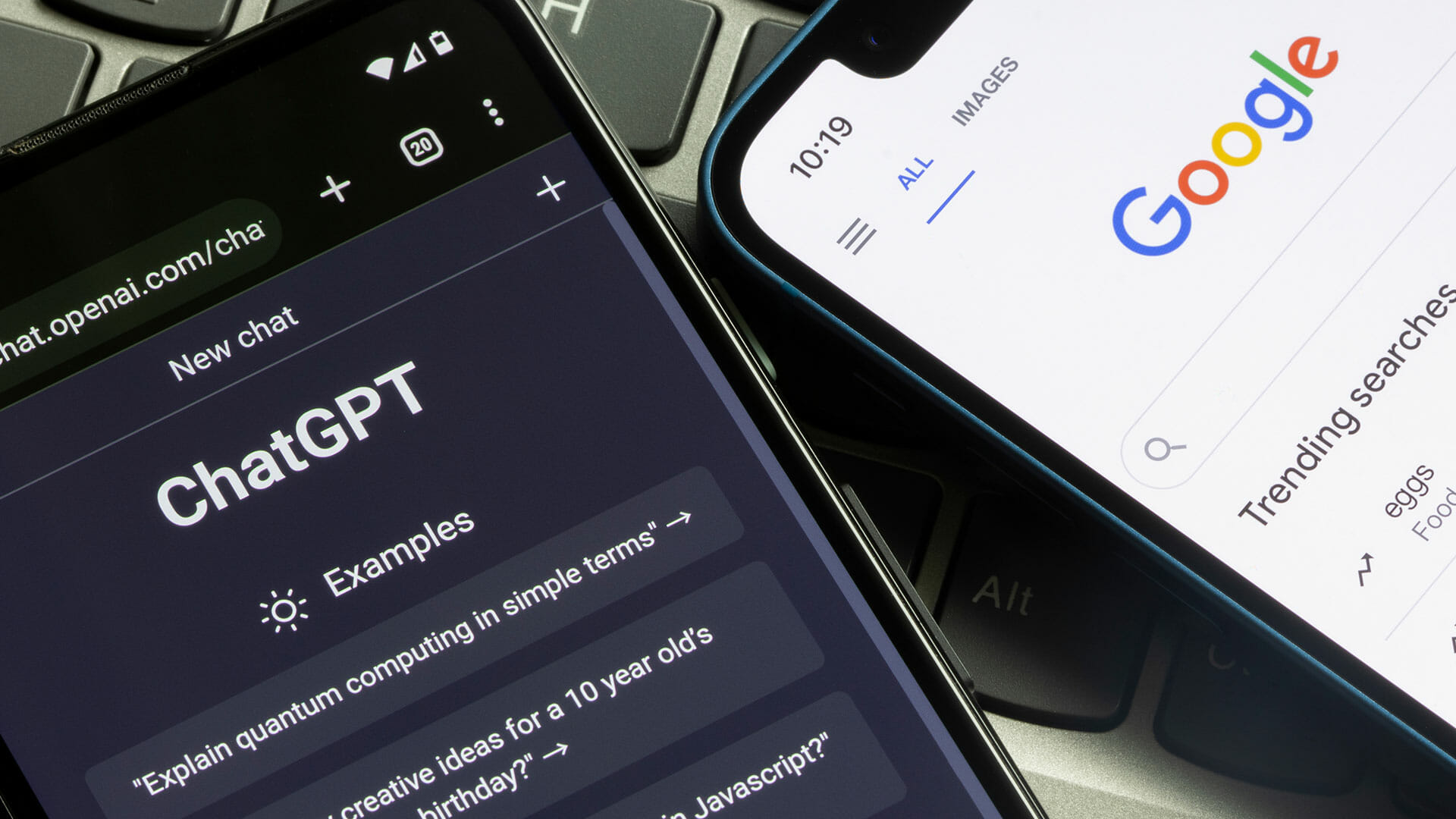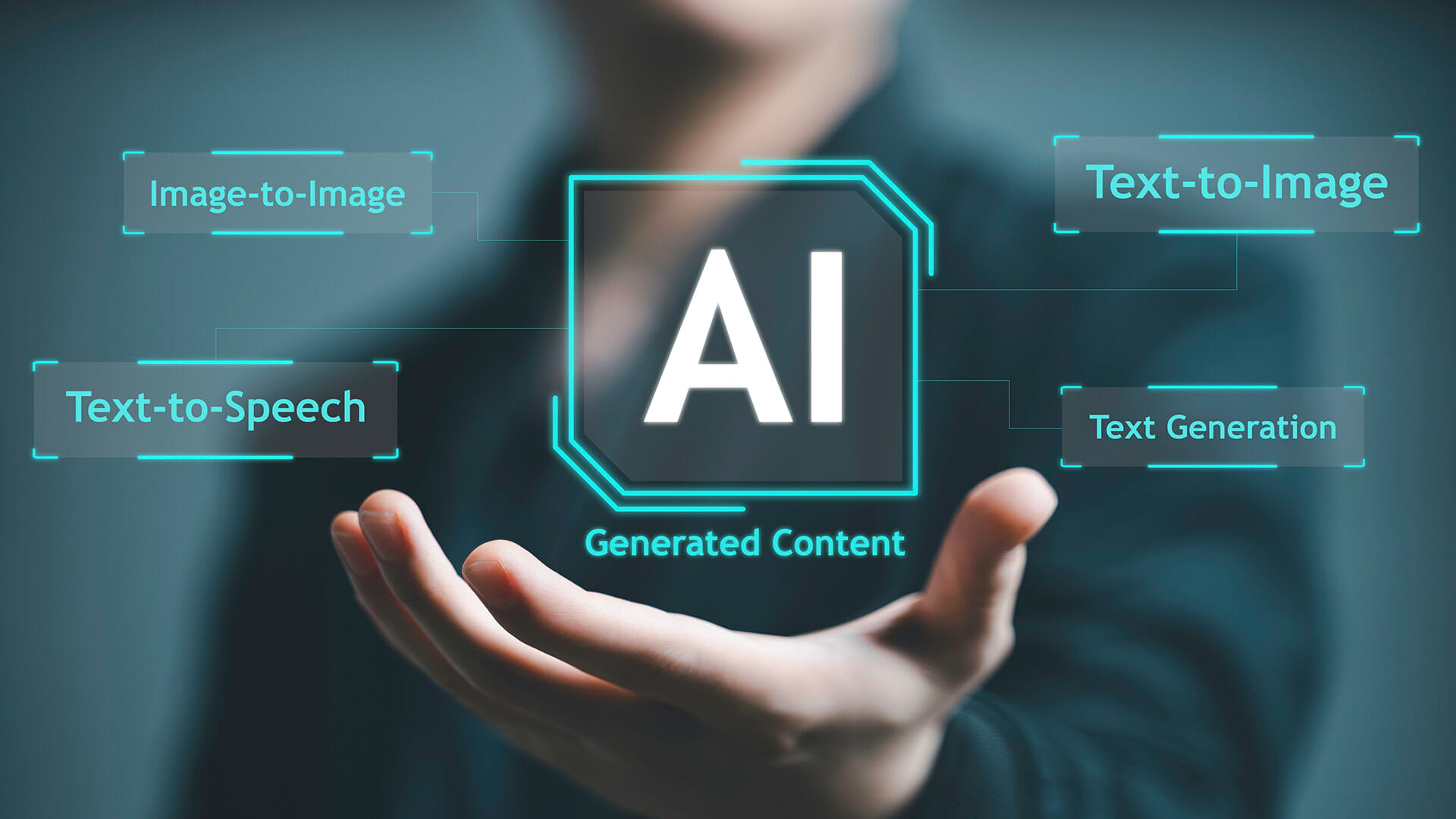
Top AI News Stories of the Week: Latest Developments in Artificial Intelligence
The technology landscape is buzzing with excitement as significant players in the field of artificial intelligence (AI) reveal their latest breakthroughs. This week, top tech companies, including OpenAI, Microsoft, Google, Meta, and Adobe, have introduced a range of cutting-edge innovations that promise to shape the future of AI. Let’s explore the key highlights of each development: OpenAI’s ChatGPT Debuts on iPhone In a significant development, OpenAI has introduced the official iOS app for ChatGPT, allowing users to engage with the AI chatbot seamlessly on their mobile devices. The launch of the free app brings the power of conversational AI to users on the go, enabling them to interact with ChatGPT using voice input functionality provided by OpenAI’s Whisper technology. Initially accessible to users in the United States, OpenAI has plans to expand support for additional markets in the near future. The app’s introduction comes as a response to the proliferation of unofficial ChatGPT services on the App Store, with OpenAI aiming to provide an authorized and trustworthy solution for users seeking to engage with ChatGPT. This move is expected to have implications for existing voice assistants such as Siri and Google Assistant, as ChatGPT offers an alternative platform for addressing everyday queries and generating conversations. The app has already made a splash in the App Store, swiftly ascending to the top of the charts and generating widespread attention among users. Microsoft’s Bing Introduces Exciting Updates While OpenAI’s ChatGPT made waves this week, Microsoft also made headlines with a series of AI-driven enhancements to its suite of mobile applications, intensifying the competition with rivals like Google. In a recent announcement, Microsoft unveiled several updates to its Bing search engine, delivering on its previously outlined plans. These updates aim to enhance both desktop and mobile experiences, introducing features such as videos, Knowledge Cards, graphs, formatting improvements, and the integration of social sharing capabilities within Bing Chat. Users can now conveniently access their chat history across both platforms, with mobile users being the first to enjoy this feature. Moreover, Microsoft has introduced a Bing Chat widget that can be added to the home screens of iOS and Android devices, providing users with quick and easy access. Soon, users will also have the ability to seamlessly continue Bing Chat conversations from their desktop to their smartphone, accompanied by expanded voice input support. In a further integration effort, Microsoft is incorporating Bing Chat into its Edge browser app and introducing AI-powered functionalities to the SwiftKey keyboard app. Furthermore, Skype users can now utilize Bing in group chats, expanding the reach of these updates. These advancements reflect Microsoft’s commitment to rapid iteration since the introduction of Bing Chat just 100 days ago. By enhancing the chat functionality and integrating it into various mobile applications, Microsoft is aiming to provide users with a seamless and feature-rich experience while intensifying the competition in the AI-driven search landscape. Google’s AI Chatbot, Bard, Expands its Capabilities with Image Responses Google has taken a significant step forward in the AI chatbot arena with a new feature added to its AI-powered chatbot, Bard. The latest update integrates image results from Google Search, enhancing the user experience and making conversations more visually engaging. Unveiled at the Google I/O 2023 event, Bard aims to compete with OpenAI’s ChatGPT and Microsoft’s Bing, powered by GPT-4. Google has ambitious plans to enhance Bard with a range of new features, including dark mode, web searching capabilities, coding assistance, and more. However, the recent update introducing image responses stands out as a notable addition. By incorporating image results into Bard’s responses, Google acknowledges the power of visual communication and its effectiveness in conveying ideas. This enhancement ensures that users receive more informative and visually enriched answers, elevating the overall conversational experience. With the ability to provide prompt responses accompanied by relevant images, Bard strengthens its position as a compelling option in the AI chatbot landscape. As Google continues to expand Bard’s capabilities, it seeks to offer users a versatile and comprehensive AI chatbot solution that competes with the industry’s leading players. Meta Introduces Impressive Multilingual Speech AI Models In the fierce competition to deliver AI-powered products, major tech companies like OpenAI and Google have gained significant attention. However, Meta Platforms, led by Facebook co-founder Mark Zuckerberg, has recently stepped into the limelight by unveiling its own speech-to-text and text-to-speech AI models for an extensive range of languages. What sets Meta’s offering apart is that it is independent of its ChatGPT platform. Meta’s project, known as MMS (Massively Multilingual Speech), involved collecting audio data for thousands of languages by leveraging widely translated religious texts such as the Bible. The dataset consisted of readings of the New Testament in over 1,100 languages, and with the inclusion of additional Christian religious readings, the language coverage expanded to over 4,000. Meta employed the Connectionist Temporal Classification approach for speech recognition, achieving remarkable accuracy across languages. Notably, when comparing Meta’s models trained on the Massively Multilingual Speech data to Whisper, another prominent speech recognition system, Meta reported that its models achieved only half the word error rate. However, the crucial distinction lies in the fact that Massively Multilingual Speech covers a significantly larger number of languages—11 times more, to be precise. Even with the expansion from 61 to 1,107 languages, the impact on performance was minimal, with a mere 0.4 percent increase in the character error rate. Adobe Revolutionizes Image Creation in Photoshop with Generative AI Integration In a groundbreaking move, Adobe has unveiled the integration of generative artificial intelligence (AI) into its widely acclaimed Photoshop editing software. The introduction of AI tools aims to democratize image creation by making it more accessible to untrained users. Leveraging technologies similar to Midjourney and DALL-E, Adobe’s AI-powered features enable users to generate images simply by providing text prompts, simplifying the traditionally complex learning curve associated with Photoshop. During a demonstration, Adobe showcased the transformative potential of AI-powered tools, illustrating how they can significantly reduce the time required for various editing tasks, ultimately leading to




